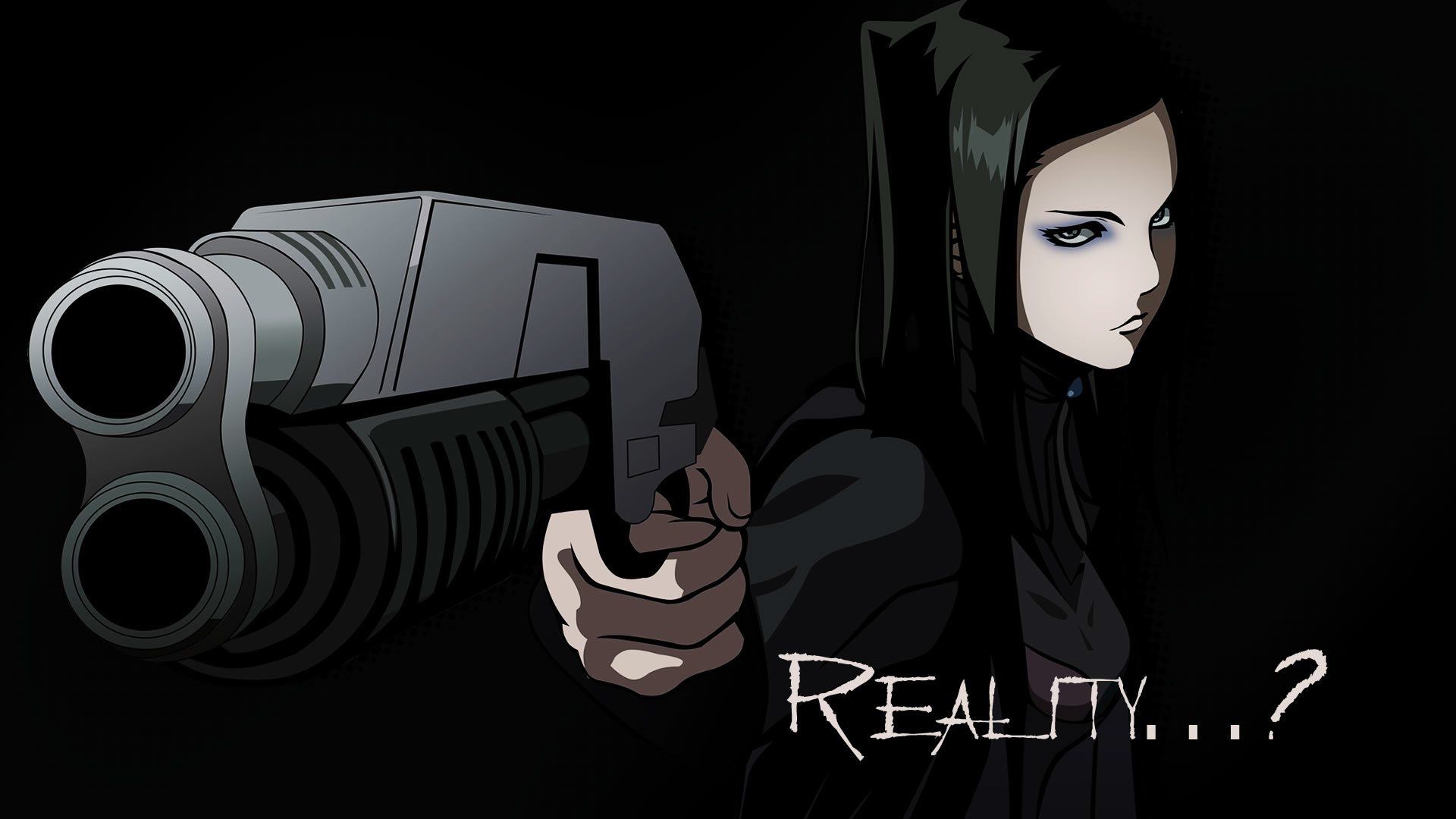This paper attempts to determine the negative effects of watching anime, to understand if watching anime could affect the mental and social aspects of kids, and to decide if teenagers and children should watch anime.
The research design used in this study is the descriptive research method wherein data and facts from articles online were used to answer the research question posed. The research findings are the following:
1. Anime is far different from cartoons. It is made by Japanese animators, unlike cartoons, anime has developed plots and realistic characters. Anime has been one of the most popular and well-received shows ever since, it is translated to a variety of languages all over the world, making it an international trend.
2. The effects of watching anime can either be positive or negative. The only negative effect of anime watching is addiction, other effects like escapism can be positive, it depends on the audience.
3. Watching anime can affect the mental and social aspects of kids, but mostly in the good way. Even anime addiction has its silver lining since it can be the cause of unity between the so called anime addicts.
CONCLUSIONS
Based on the findings of this study, the following conclusions are drawn:
1. The main negative effect of watching anime is addiction, but it is only considered as minor effect because it doesn't really have the same effect an addicting substance or habit can cause.
2. Watching anime has effects in the mental and social aspects of its viewers in a good way. It recommended for teenagers and children to watch anime because the many positive effects of anime easily beat the negative ones. If one watches anime, he will be inspired, be socially active, multicultural, and be more imaginative and creative.
RECOMMENDATIONS
After drawing conclusions of the study, the researcher hereby makes the following suggestions:
1. Watching anime is good for kids, but even anime has its age limits. Parent should have guidance to what their kids are watching to avoid the unnecessary influences to the young mind of the children. But they should also keep in mind that some of the anime shows have learning factors, they should not be too restrictive to their children also.
2. As for the non-anime fans or viewers, one should be open-minded when watching anime, he must keep in mind that what he is watching is not real, it is only created in order to inspire and entertain audiences.
3. Future researchers should design a research on possible future innovations in the study of the psychology of anime, and its influence factors on its viewers, especially children.
References:
A. Electronic Media
"Japanese Anime Influence on World." Retrieved March 16,2014 from http://www.anime-commit.com/japanese-anime-influence.html.
"Why are so Many Anime Characters are Teenagers." Retrieved March 16, 2014 from http://www.animenation.net/blog/2010/12/28/ask-john-why-are-so-many-anime-characters-teenagers/.
"Which Prefer Anime Over Cartoons?" Retrieved March 16, 2014 from http://www.fanpop.com/clubs/random/answers/show/510036/which-prefer-anime-cartoon.
"What is Anime?" Retrieved March 30, 2014 from http://anime.about.com/od/animeprimer/a/What-Is-Anime.html.
"Negative Mood and Its Effect on Watching Anime." Retrieved March 30, 2014 from http://deluscar.wordpress.com/2013/05/13/negative-mood-and-its-effect-on-watching-anime/.
"Escapism: The World of Anime & Film." Retrieved March 30, 2014 from http://pandemimeprime.wordpress.com/2013/08/14/escapism-the-world-of-anime-film/.
"Anime Addiction Problems." Retrieved March 30, 2014 from http://www.teenhelp.org/forums/f124-addictive-behaviours/t94427-anime-addiction-problems/.
"The Good Effects of Anime on Its Viewers." Retrieved March 30, 2014 from http://www.ehow.com/list_6818727_good-effects-anime-viewers.html.
"The Effects of Anime on Students." Retrieved March 30, 2014 from http://www.ehow.com/info_8177537_effects-anime-students.html.
2. The effects of watching anime can either be positive or negative. The only negative effect of anime watching is addiction, other effects like escapism can be positive, it depends on the audience.
3. Watching anime can affect the mental and social aspects of kids, but mostly in the good way. Even anime addiction has its silver lining since it can be the cause of unity between the so called anime addicts.
CONCLUSIONS
Based on the findings of this study, the following conclusions are drawn:
1. The main negative effect of watching anime is addiction, but it is only considered as minor effect because it doesn't really have the same effect an addicting substance or habit can cause.
2. Watching anime has effects in the mental and social aspects of its viewers in a good way. It recommended for teenagers and children to watch anime because the many positive effects of anime easily beat the negative ones. If one watches anime, he will be inspired, be socially active, multicultural, and be more imaginative and creative.
RECOMMENDATIONS
After drawing conclusions of the study, the researcher hereby makes the following suggestions:
1. Watching anime is good for kids, but even anime has its age limits. Parent should have guidance to what their kids are watching to avoid the unnecessary influences to the young mind of the children. But they should also keep in mind that some of the anime shows have learning factors, they should not be too restrictive to their children also.
2. As for the non-anime fans or viewers, one should be open-minded when watching anime, he must keep in mind that what he is watching is not real, it is only created in order to inspire and entertain audiences.
3. Future researchers should design a research on possible future innovations in the study of the psychology of anime, and its influence factors on its viewers, especially children.
References:
A. Electronic Media
"Japanese Anime Influence on World." Retrieved March 16,2014 from http://www.anime-commit.com/japanese-anime-influence.html.
"Why are so Many Anime Characters are Teenagers." Retrieved March 16, 2014 from http://www.animenation.net/blog/2010/12/28/ask-john-why-are-so-many-anime-characters-teenagers/.
"Which Prefer Anime Over Cartoons?" Retrieved March 16, 2014 from http://www.fanpop.com/clubs/random/answers/show/510036/which-prefer-anime-cartoon.
"What is Anime?" Retrieved March 30, 2014 from http://anime.about.com/od/animeprimer/a/What-Is-Anime.html.
"Negative Mood and Its Effect on Watching Anime." Retrieved March 30, 2014 from http://deluscar.wordpress.com/2013/05/13/negative-mood-and-its-effect-on-watching-anime/.
"Escapism: The World of Anime & Film." Retrieved March 30, 2014 from http://pandemimeprime.wordpress.com/2013/08/14/escapism-the-world-of-anime-film/.
"Anime Addiction Problems." Retrieved March 30, 2014 from http://www.teenhelp.org/forums/f124-addictive-behaviours/t94427-anime-addiction-problems/.
"The Good Effects of Anime on Its Viewers." Retrieved March 30, 2014 from http://www.ehow.com/list_6818727_good-effects-anime-viewers.html.
"The Effects of Anime on Students." Retrieved March 30, 2014 from http://www.ehow.com/info_8177537_effects-anime-students.html.







